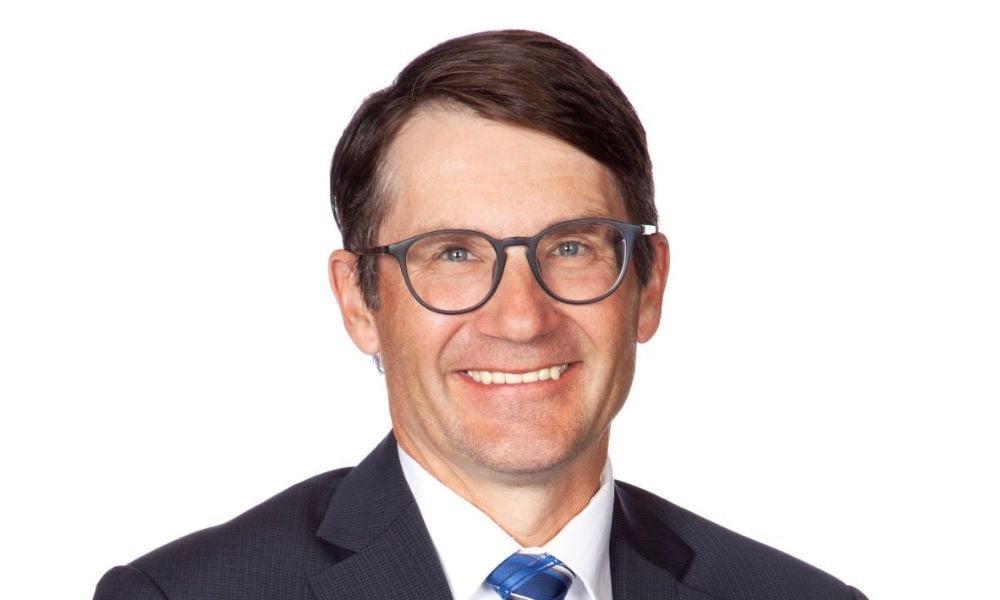CEO explains how technology can help clients see life-changing impact of financial decisions

Given the current climate of uncertainty, clients have a greater need than ever for a guiding hand to steady their nerve and keep them from making emotional decisions. And according to one wealthtech industry leader, that guiding hand could come from technology.
“Behavioural nudges are at the heart of most market research as to why having an advisor would allow someone to retire with four times as much money,” says Robert Madej, Founder and CEO of PureFacts Financial Solutions. “It's not that your advisor is necessarily picking better stocks, but they're making sure you have better behaviour.”
According to Madej, there are three key pieces to the behavioural value a financial advisor brings to their relationships. First, they help clients create and commit to a plan; second, they help clients stay invested in the markets; and third, they help clients make potentially better asset allocation decisions. Together, he estimates those three factors make up 80% of the value of a financial advisor.
“What we're seeing in the marketplace right now is a combination of those behavioural nudges, which consider the different aspects of where a person is in their life,” he says.
“Somebody who's just getting married may need certain behavioural nudges – a reminder to start a spousal RRSP, for example. And someone who just had their first child might have different behavioural nudges,” he adds. “So you might get notified to set up an RESP, or collect certain government grants, or invest in more fixed-income instruments, depending on your age and where you are in your life.”
Over the last five years, Madej has seen growing interest in having behavioural scientists support and train financial advisors on how they should coach and encourage clients. And in the future, he imagines automated financial plans that can guide clients even with mundane money decisions such as budgeting or limiting expenses that, over time, could drastically alter the trajectory of a person’s financial life.
“Today, you might be wondering whether you should take a nicer apartment for $2,000 a month, or go with a simpler apartment for $1,000 a month over a two-year period,” he says. “Right now, a lot of people are just guessing without much information. But eventually, we could have an app that shows you how huge the impact of that decision could be when you’re 65 years old.”
Beyond that, Madej says software could also potentially influence people’s behaviour through gamification.
Similar to Peloton bikes, which help people stay motivated by showing how their physical performance compares to peers and competitors within the same comparable group, an app that scores people based on their financial fitness could help push people to keep up where they need to, and exceed expectations where they can.
“I think with the right tools and solutions, we can see the same effect of us reshaping our behaviour,” Madej says. “When we understand the impact of our behaviour, it can be very powerful to change our decision making.”



